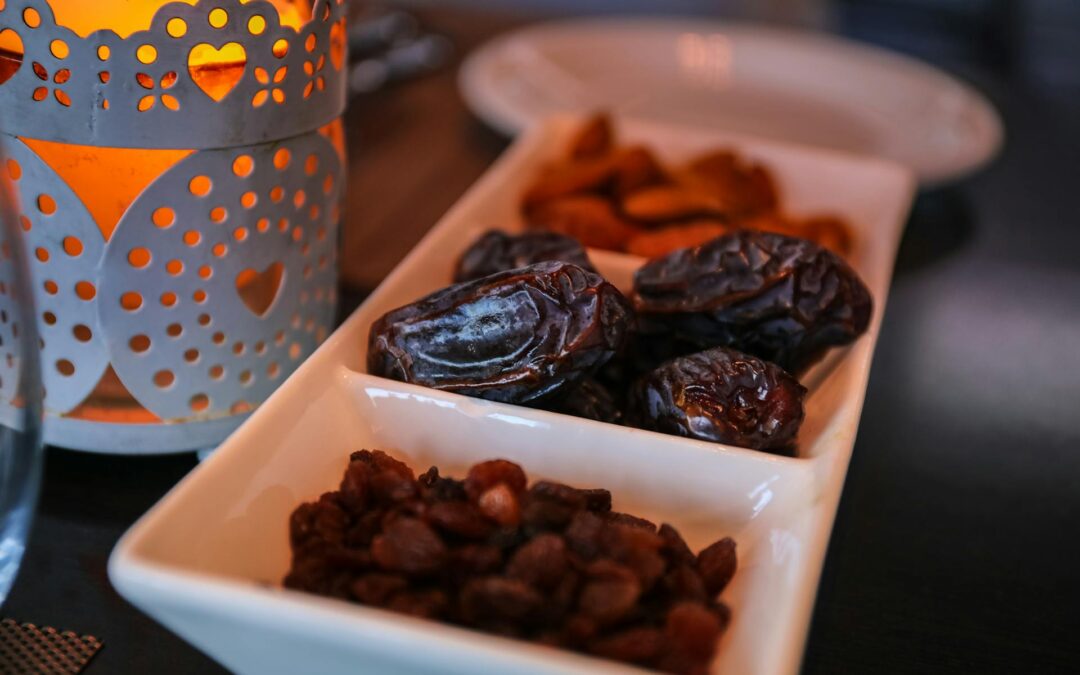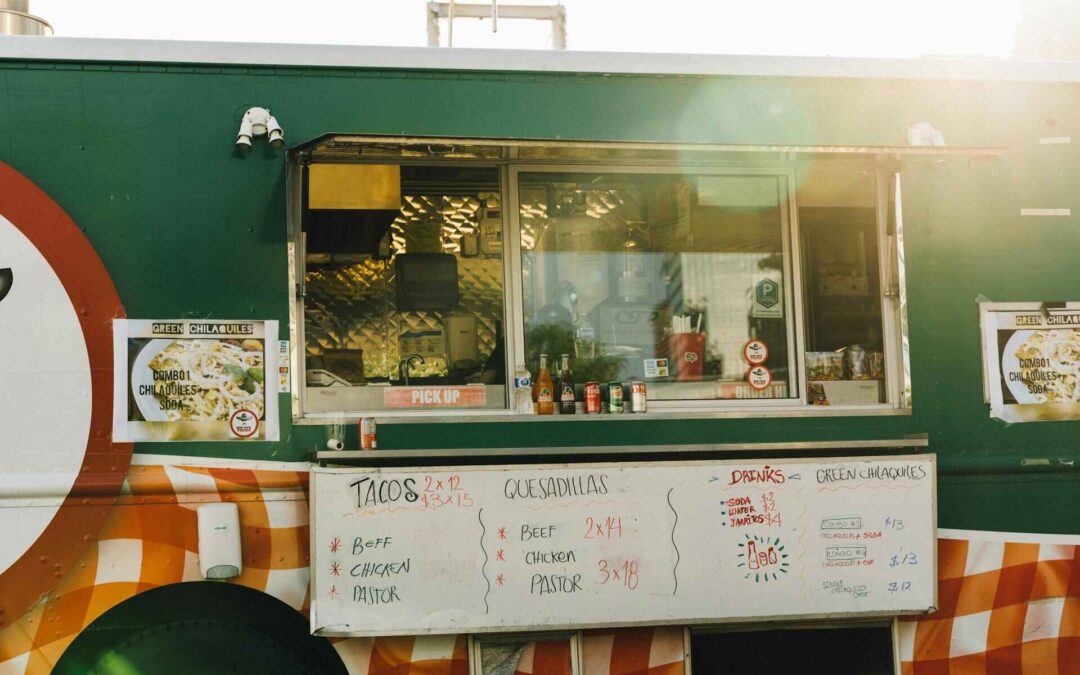Deciding what to eat within your eating window might be challenging when fasting. After all, intermittent fasting emphasizes when you eat rather than what you consume. However, fasting meals can influence your results, such as weight reduction, blood sugar control, and abstention from eating.
This article will teach you about the finest meals for intermittent fasting, such as various types of meat, seafood, and fresh veggies. A nutritious diet should always be included in your fasting program.
What is Fasting?
Fasting is abstaining from all calorie-containing foods and beverages for a set length, ranging from 12 to 36 hours or more (1). The broad word “fasting” is divided into two categories: intermittent and sustained.
Intermittent fasting (IF) is more bearable since you may skip a meal or fast for the more experienced for up to 36 hours. Prolonged fasting, on the other hand, can extend up to 48 hours or more.
During fasting, your body undergoes a sequence of changes, beginning with the depletion of stored glycogen and fat. A metabolic transition occurs, and you now rely on ketones for energy rather than glucose (2).
Research shows this offers various advantages, including fat reduction, increased cancer treatment efficacy, reduced inflammation, and other anti-aging effects (3, 4, 5).
Fasting has more advantages when paired with a low-carb or keto diet and an exercise plan, and it may even help you achieve metabolic flexibility, which improves health and performance.
Can You Eat While Fasting?
Meals are not permitted during a fast, except fat fasting, which is a sort of intermittent fasting in which you eat only high-fat meals to achieve ketosis – the answer is no. Anything containing calories, including cream and sugary beverages, will technically break your fast.
Zero-calorie drinks, on the other hand, are permitted during a fast. Drink plenty of water and calorie-free electrolyte beverages like Perfect Keto Electrolytes to avoid dehydration. Black coffee or tea are also okay and may help you stay awake and focused, but remember that caffeine is a diuretic that can cause fluid loss.
Foods to Eat While Fasting
What foods can you consume when fasting? In the following sections, we’ll look at several fasting meals that are excellent for you. They’re low on the glycemic index (GI) and easy to digest. When you consume these low-GI items during your eating window, your blood sugar will not surge.
Meat, Eggs, and Poultry
Animal-based meals are high in protein and do not influence blood sugar levels. Healthy fats found in egg yolks and fatty portions of meat (such as pork belly and chicken thighs) aid in nutritional absorption.
- Beef
- Pork
- Chicken
- Turkey
- Lamb
- Goat
- Pheasant
- Bison
- Venison
- Eggs (chicken, goose, duck, turkey, quail)
Fish and Seafood
Fish and seafood are also high in protein and essential amino acids, which help prevent muscle loss, absorb nutrients, and generate hormones. They also include omega-3 fatty acids, which protect you from various ailments.
- Salmon
- Tilapia
- Mackerel
- Fish eggs
- Herring
- Shrimp
- Crab
- Lobster
- Mussels
- Oysters
Fruits and Vegetables
Because they are low in carbs and fiber, specific fruits and vegetables are preferable candidates for breaking a fast. Consuming too much fiber immediately after fasting may result in gas, bloating, and cramps. We propose the following and make sure the veggies are peeled and cooked:
- Watermelon
- Cantaloupe
- Asparagus
- String beans
- Cucumbers (without seeds)
- Mushrooms
- Baby spinach
- Zucchini
Beverages
Having something to drink can help to satisfy hunger. Some are even known to reduce appetite naturally. Aside from simple water, you might wish to try the following beverages:
- Sparkling water
- Lemon-infused water (slices of lemon in a pitcher of water)
- Tea (green tea, black tea, oolong tea) without sweetener
- Black coffee without sweetener or cream
- Calorie-free electrolytes
Supplements
Frequent fasting without replenishing with nutrient-dense foods when you break them increases your risk of vitamin deficiencies. Taking vitamins on fasting days will assist. Check to see whether they have any added sweeteners.
These vitamins are typically safe to use when fasting. You can also take these shortly before you begin your fast:
- Multivitamins
- Creatine (in capsule form, usually for pre-workout)
- Probiotics
- Water-soluble vitamins (vitamin C and B complex)
Foods to Limit During a Fast
Intermittent fasting will improve your health and provide respite for your digestive system, but it should not be used as an excuse to feast on refined carbs and highly processed meals once you’ve finished fasting.
Avoid doing the following:
- White bread and bagels
- White rice
- Pasta
- Breakfast cereals
- Desserts, cookies, such as cakes and ice cream
- Processed meats
- Soda
- Smoothies, fruit juices, and shakes high in sugar
These meals do not deliver long-lasting energy by producing blood sugar fluctuations. Furthermore, they have a harmful influence on your health by inducing an inflammatory reaction (6). Break your fast with healthy alternatives.
FAQs
Here are some frequently asked questions and answers on fasting foods.
How do I manage my hunger during a fast?
Several strategies to avoid feeling hungry when fasting include staying hydrated with water and zero-calorie electrolytes and sipping unsweetened tea and coffee.
Experiment with other distraction techniques as well. Engage in a problematic endeavor or activity, such as mastering a new skill. Keeping food out of sight will also assist you to stop thinking about it.
Can I eat snacks at a fast?
Snacks include calories, so they technically break your fast. As a result, the answer is no – you cannot consume snacks while fasting.
If you break the fast at snack time (say, at 3 p.m.), good snacks include eggs, bone broth, and a low-carb protein shake (e.g., whey protein isolate).
Can I work out during a fast?
Absolutely. It is acceptable to continue working out even if you are not eating. However, modifying them by lowering their intensity and length may be competent, especially since fasting might make you feel hungry and lazy if you’re not used to it.
Instead of sprinting, for example, consider moderate walking. Alternatively, instead of lifting weights, try a low-impact bodyweight workout. Learn more about mixing intermittent fasting and exercise in our separate guide.
The Bottom Line
A successful fast also requires you to be cautious of the meals you consume when you break your fast, often known as your feeding window. The most excellent foods to break an intermittent fast are low in carbs and high in protein and fat.
Eggs, animal foods, and non-starchy vegetables and fruits will not only keep your blood sugar stable. Still, they will also provide your body with essential vitamins and minerals and aid in weight reduction. Maintain a nutritious diet during your feeding window.
Remember to stay away from sugary and high-carb meals. White bread, white rice, sweets, chocolates, cereals, fruit drinks, soda, and french fries will leave you drained. Furthermore, they may cause binge eating and undesirable appetites for the day.
These recommendations will help you remain on track regardless of your fasting strategy.







0 Comments